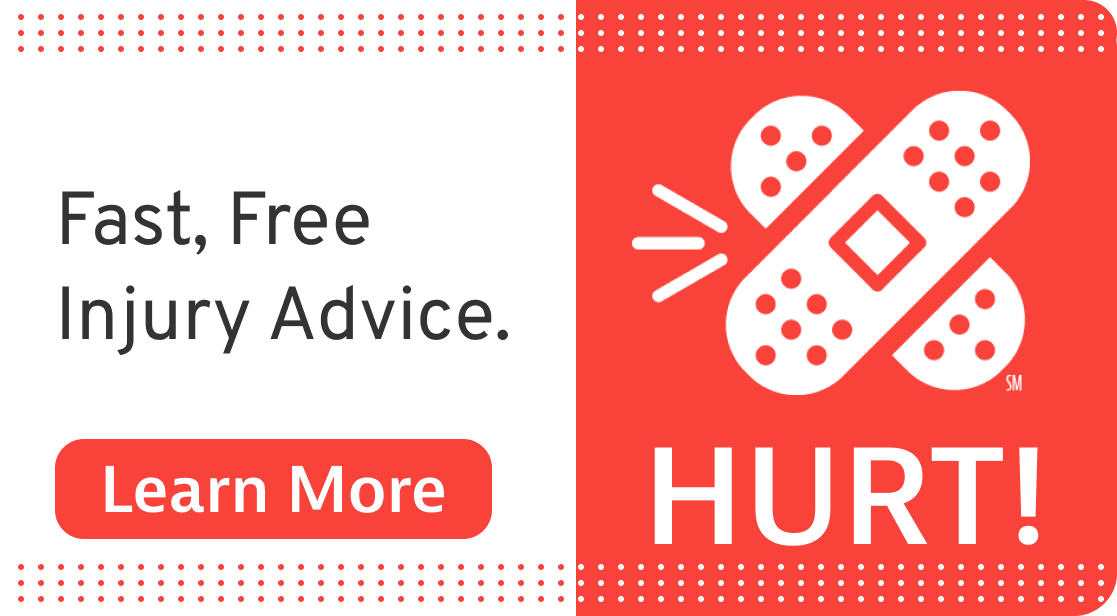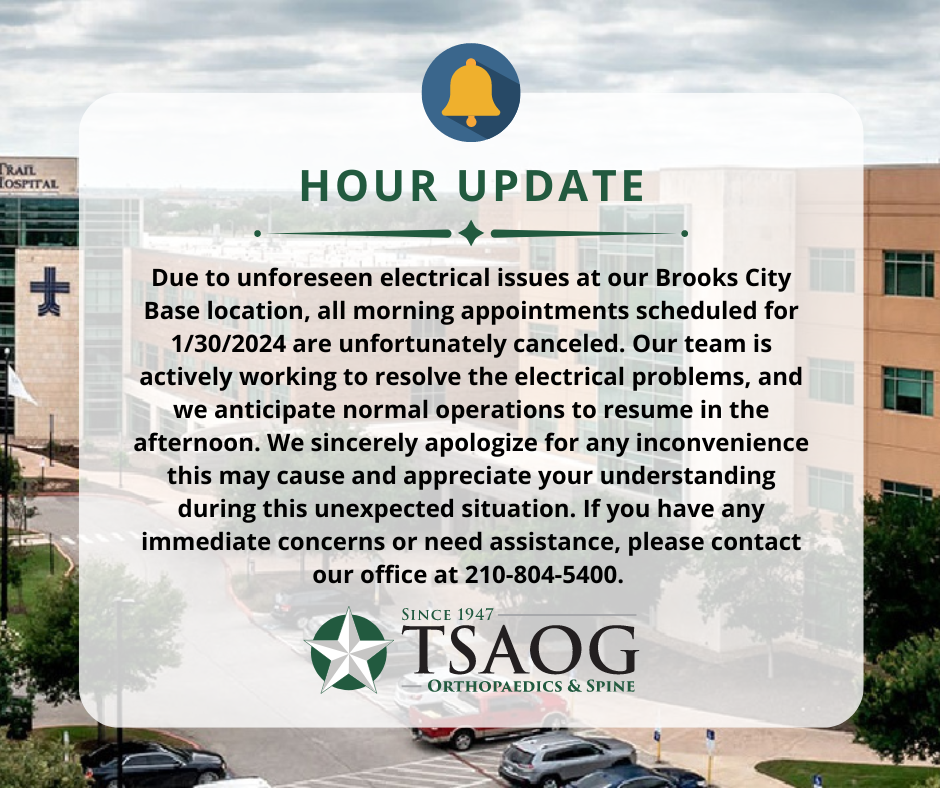The journey to becoming a healthcare professional begins long before medical school. As a pre-med student, you build knowledge through coursework and gain work experiences that will shape your understanding of healthcare and strengthen your medical school application. At TSAOG Orthopaedics, we recognize that finding the right position can make your pre-med journey truly inspirational. The following jobs for pre-med students provide windows into the healthcare system, opportunities to develop crucial skills, and flexibility to balance your academic demands.
6 Jobs for Pre-Med Students to Gain Experience
Medical Receptionist
Medical receptionist positions typically require a high school diploma and strong interpersonal skills. Previous customer service experience helps, though healthcare-specific experience isn’t always mandatory. In this role, you can glean unique insight into provider-patient relationships. You’ll observe how different communication styles affect patient satisfaction and sharpen the emotional intelligence that distinguishes compassionate physicians. You’ll also gain familiarity with practice management aspects rarely taught in medical school but necessary for career success. During medical school interviews, you can draw on concrete examples of effective patient interactions you’ve witnessed.
Receptionist roles often include varied shifts at physical therapy centers, allowing you to structure work around classes. Since the position typically involves desk work, you might review study materials during quieter periods. Many practices offer part-time positions that accommodate academic demands while providing relevant experience.
Medical Biller/Coder
Medical Billing and Coding roles typically require completion of a certification program lasting several months to a year. You’ll need to learn specific coding systems (ICD-10, CPT, HCPCS). Certifications like CPC or CCS strengthen your resume. Entry-level positions may accept candidates still working toward certification.
In medical school, this experience provides a unique perspective on healthcare economics that many peers lack. You’ll understand how documentation affects reimbursement and practice viability—knowledge particularly valuable during healthcare policy discussions. The precision required in coding reinforces the importance of detailed documentation, a critical provider skill.
Many billing positions offer remote work options or flexible schedules, allowing adjustment during exam periods. Project-based positions give you control over when you complete work as long as deadlines are met.
Clinical Coordinator
The Clinical Coordinator role requires more qualifications than many entry-level positions, including a high school diploma, Nationally Registered Medical Assistant Certification, and at least two years of clinical experience with supervisory responsibilities. Strong communication and organizational skills are essential, as is familiarity with healthcare regulations and compliance requirements. Many employers also look for proficiency with electronic health record systems and scheduling software.
This position offers pre-med students a valuable perspective on healthcare operations management—an aspect of medicine that isn’t always visible during clinical rotations. You’ll develop a systems-level understanding of how various clinical components interact to create an efficient patient experience.
You’ll learn to coordinate care among different providers, manage clinic flow, and comply with healthcare regulations—skills directly applicable to roles as a chief resident or practice leader later in your career. The experience helps develop a process improvement mindset, teaching you to identify inefficiencies and implement solutions that improve patient experiences and outcomes.
While the responsibilities are substantial, the structured nature of clinic operations often allows for predictable scheduling. Many facilities offer day shifts that end by early evening, leaving time for evening classes or studying. The position typically involves less physical exertion than direct care roles, though the mental demands can be significant. The higher compensation compared to entry-level positions may allow you to work fewer hours while maintaining income, creating more flexibility for academic pursuits.
Physical Therapy Aide/Technician
PT aide positions generally require a high school diploma, though some employers prefer candidates with related associate’s degrees. Training primarily occurs on the job. Physical stamina is important for moving equipment and assisting with patient transfers, while basic anatomy knowledge and comfort with physical contact are necessary.
Working alongside physical therapists exposes you to musculoskeletal medicine and rehabilitation concepts. You’ll develop practical understanding of functional anatomy by observing PT evaluations and treatments, giving you advantages when encountering these topics in your studies.
The direct patient care aspects develop clinical confidence through interaction with patients in vulnerable situations—a critical physician skill. Witnessing patients’ progress over time provides insight into recovery processes that inform future practice, which is particularly valuable for specialties like orthopedics, sports medicine, or rehabilitation.
These positions often offer evening and weekend hours that align well with class schedules. The physical nature of the job may provide a welcome break from sedentary studying.
Medical Assistant
Medical assistant positions typically require completion of accredited programs ranging from 9 months to 2 years. Certification (CMA or RMA) is preferred though not mandatory in Texas. Skills in taking vital signs, performing basic procedures, and maintaining records are helpful, although on the job training may be provided.
The role exposes you to both clinical and administrative aspects of healthcare. You’ll perform clinical tasks under supervision while handling documentation and communication. Medical schools value this comprehensive exposure, particularly when you can articulate specific cases that inform your understanding of medicine.
Many positions offer part-time options adaptable to academic demands. The task variety helps prevent burnout through balanced patient interaction, procedures, and documentation.
Research Assistant
Research positions typically require relevant college coursework. Strong analytical abilities, attention to detail, and basic statistical knowledge are important. Previous laboratory experience helps with bench research, while familiarity with survey methods benefits clinical research. Computer skills, particularly with statistical software, are increasingly valued.
Research experience provides direct insight into medicine’s evidence-based foundation. You’ll understand how medical knowledge evolves and how studies inform practice. Medical school admissions committees highly value this experience, especially when it results in presentations or publications demonstrating a commitment to advancing medical knowledge.
Research positions often offer flexible scheduling, with many investigators primarily concerned with results rather than specific hours. The intellectual nature complements academic studies, reinforcing scientific concepts from coursework.
Explore Jobs for Pre-Med Students with TSAOG
Your path to medical school is uniquely yours, but you don’t have to walk it alone. At TSAOG Orthopaedics, we’ve supported countless pre-med students as they’ve gained valuable experience while maintaining academic excellence. Our team understands the demands of your educational journey and strives to create a supportive environment where you can grow professionally while preparing for your future in medicine.














